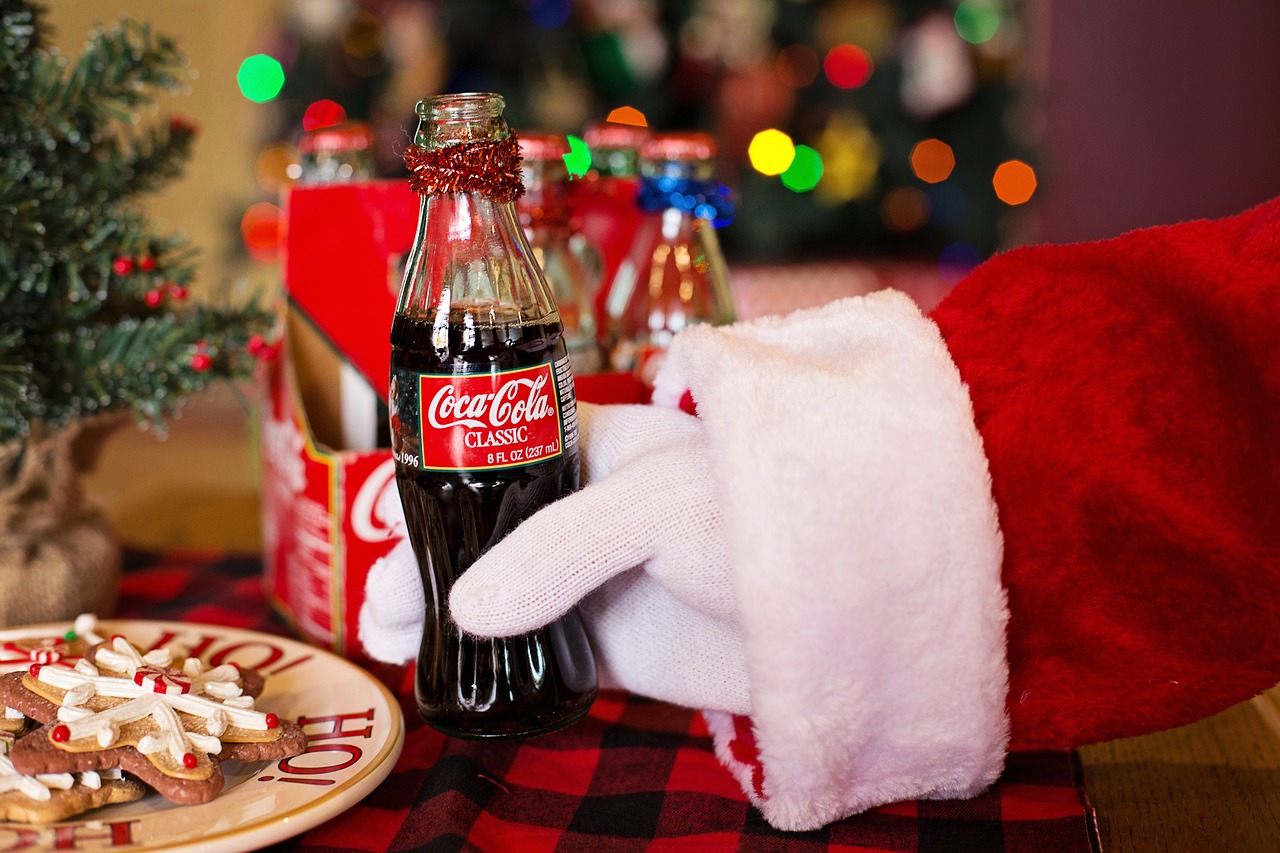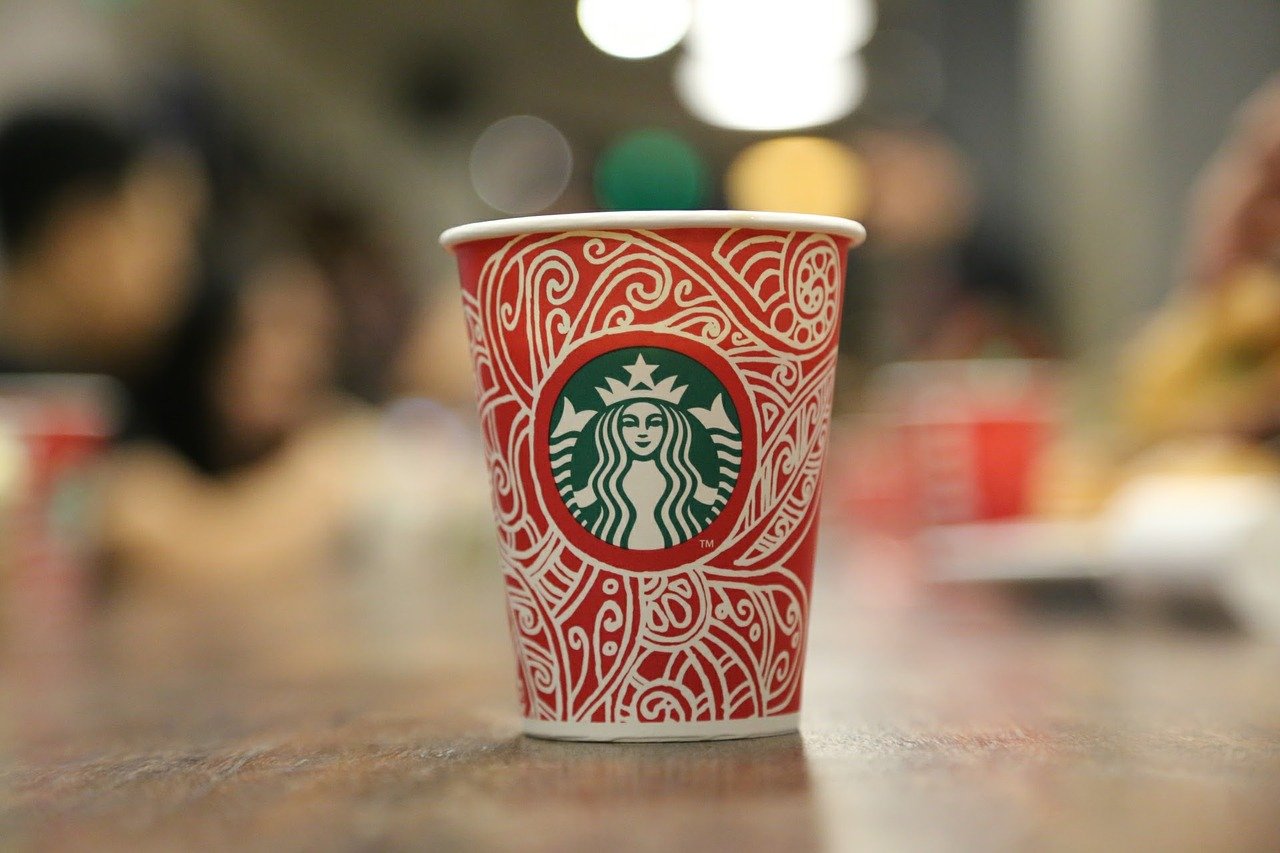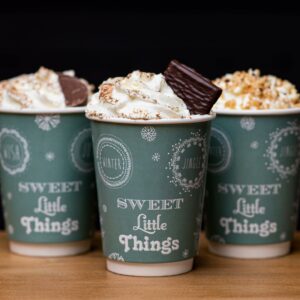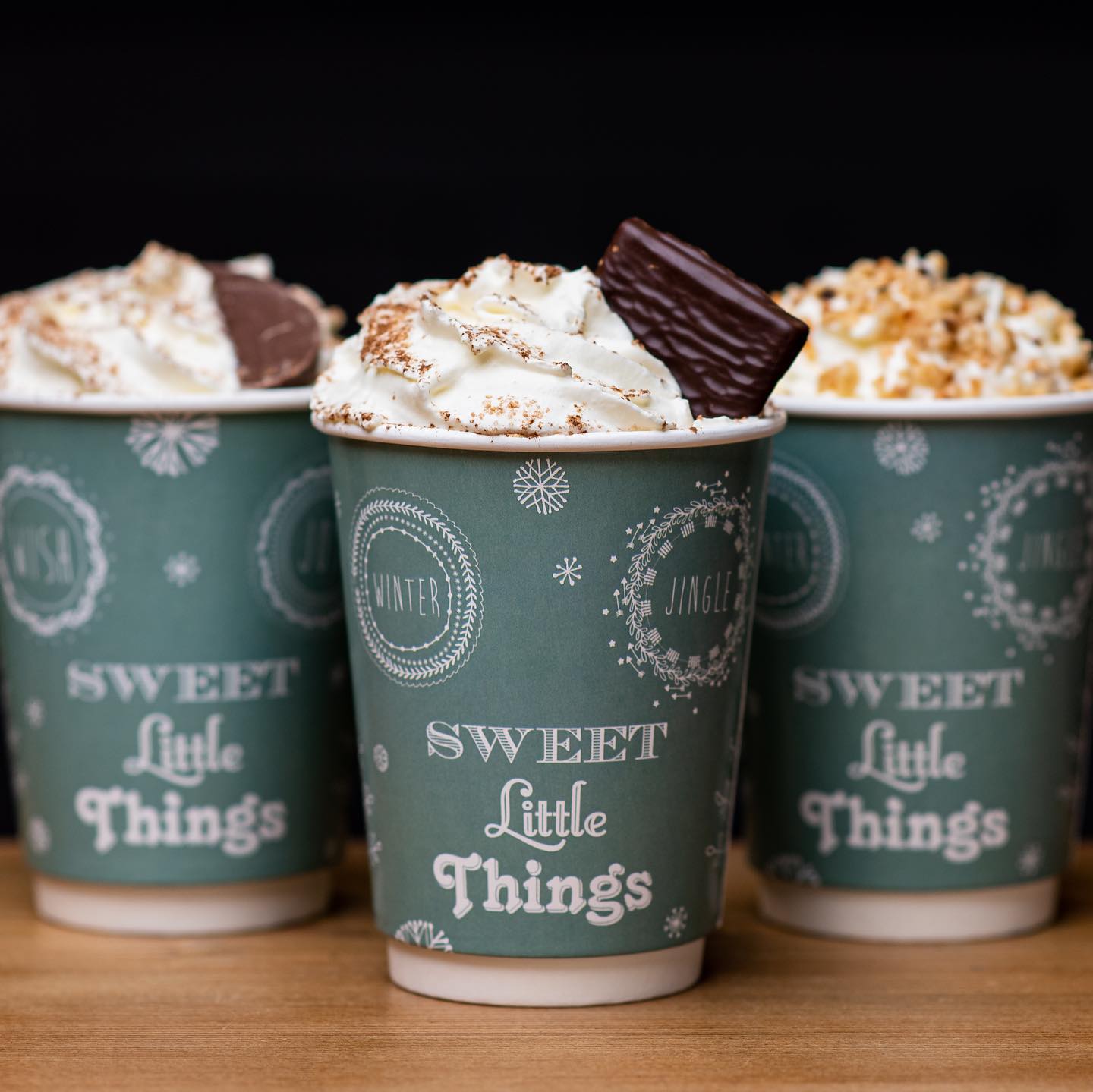If you venture out to the high street around Christmas, Easter, New Year and many other holidays in the calendar, you will bear witness to examples of seasonal branding everywhere you look.
So what is Seasonal Branding?
Your brand essentially gives meaning to your products and services before a customer has had chance to interact with them. It is the logo, the colours, the wording, the packaging, the visual and physical representations of what you and your brand stand for, to create an identity which reflects the sort of interaction your customers can expect to receive from you. Together, this collection of attributes makes up your brand.

Seasonal branding is where a brand makes slight changes to their logo, colour scheme, promotional messages and marketing materials to suit the theme of the current season or holiday. It's not necessarily a complete brand overhaul but a few tasteful tweaks to make your brand in keeping with a theme. It is a hugely important strategy to make sure that you stay on top of the game in your own competitive niche and will ultimately help to build brand recognition, increase customer loyalty and strategically improve profits.
How Can It Help?
Differentiate Your Brand
Think of all the companies that use seasonal packaging and how exciting it is waiting to see what their new design will be this year. The brand anticipation gets people thinking and talking about your brand, before you've even launched the new seasonal design. Then when it's time for your seasonal branding edits to go live, you enjoy a second wave of activity as people engage with your products and services to see what you have created. This differentiates your products and services from your competitors and enables you to stand out in your specific niche.
Starbucks put a lot of effort into seasonal branding by changing the colour of their paper cups at Christmas to red. Each year the design changes to a different Christmas design incorporating the colour red and customers are encouraged to take pictures of their takeaway coffee's and post them on social media. The result is a strong brand following with increased customer interaction, eagerly anticipating the new release of this years seasonal cup design, ultimately leading to an increase in sales for that period.

Appear Active In Your Niche
People love the seasons and the different stigma or promises people make to themselves that come with entering into a new season. Around Christmas time many people over indulge in chocolate, sweets and alcohol using the excuse "ah it's Christmas" and then after Christmas as we enter into the New Year, people try to make up for their Christmas indulgencies by jumping on the 'New Year, New Me' band wagon.
It's important as a brand attempting to differentiate yourself from a sea of competition that you appear active and in tune with the latest trends. You need to hold your customers attention, maintain their loyalty and avoid the appearance of stagnation.

As a boutique coffee shop for example, you might offer some seasonal Christmas drinks such as a gingerbread latte, a white chocolate mocha with whipped cream or even a mulled wine! These delicious drinks are a favourite around Christmas time and are usually only seen seasonally. Then as we enter into the New Year you might change the menu to offer healthy fruit smoothies, skinny lattes and a range of healthy treats. Making slight changes to your brand and tweaking your offering for the current seasons consumer trends, might make the difference between vibrant customer interaction and the image of appearing stagnant.
Christmas themed greaseproof paper is a popular addition to cafes and restaurants around this time of year. You might even change the way you wrap your products to make them appear like a Christmas present! It's these little touches that make the difference between your customers coming back to your brand or choosing a competitor next time around.
Feed The Excitement
Many people know about seasonal holidays and are looking forward to and thinking about the next one coming up, often weeks or even months before it arrives. Halloween for example is known all over the world. It is a day that is associated with fancy dress, horror and of course sweets. It appeals to both adults and children for different reasons and there are loads of ways you can entice customers to interact with your brand using seasonal branding as encouragement.
For example, people associate pumpkins with Halloween because of the tradition of pumpkin carving, so why not add a pumpkin spiced latte to your menu. It doesn't need extra marketing efforts to encourage people to try it because you are providing something that already feeds their excitement for Halloween. It plays off their subconscious and uses an existing interest in their lives, at this specific time of year, to grab their attention and interact with your brand. Cafes and takeaway coffee venues often design a Halloween themed takeaway cup to serve their exclusive Halloween coffee recipes in, adding a hint of seasonal flair to their brand.

Don't Just Focus On One Holiday
Seasonal branding is something that every company should be doing, whether you're B2B or B2C. Why? Don't forget that you are marketing your brand to people, and people are interested and excited for public holidays. It's easier to encourage peoples current thoughts and interests and direct them towards something your brand can offer rather than convert them to an entirely new way of thinking. There are loads of seasonal events in the yearly calendar and all of them are very lucrative if executed correctly.
Avoid single mindedness, plan ahead and stay in tune with current events!
